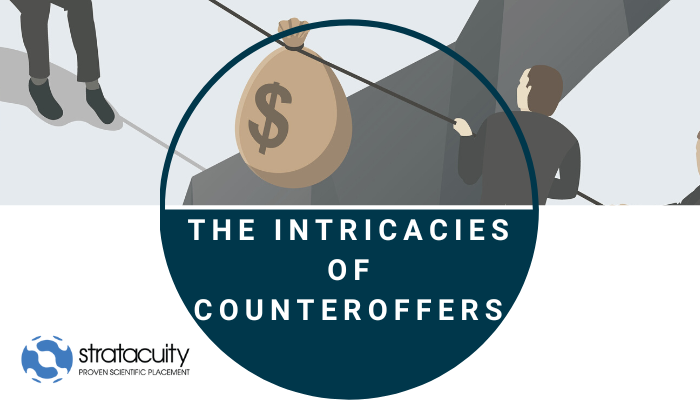When you make the tough decision to leave your current company, it can be quite surprising to receive a counteroffer. Counteroffers are frequently made by employers as a last-ditch effort to retain valuable talent. However, before accepting or rejecting such an offer, it is important to carefully consider the potential ramifications and underlying motivations involved.
The Temptation:
Receiving a counteroffer can be incredibly tempting. After all, it validates your worth and tells you that your current employer values you enough to offer incentives to stay. The promises of a salary increase, a better title, improved benefits, or more flexible working arrangements can appear enticing at first glance. It might seem like a win-win situation, allowing you to continue with the familiarity and security of your current workplace
The Hidden Agenda:
However, it’s crucial to recognize the potential hidden agenda behind counteroffers. Accepting a counteroffer may be a short-term solution for the employer to avoid disruption, rather than genuinely addressing your concerns or professional growth. This can compromise trust and future prospects.
The Trust Factor:
Consider the trust established between you and your employer. When you announce your intention to leave, it signals a loss of faith in the company’s ability to support your aspirations and needs. A counteroffer may temporarily address these concerns, but underlying issues may persist.
Future Implications:
Evaluating the future implications is crucial. Can the motives behind the counteroffer be trusted in the long run? Will accepting it hinder your career progression? Have you considered potential opportunities in your new position or company?
In Conclusion:
Counteroffers can be rightfully tempting when you decide to leave your current company. However, it is important to approach them with caution and evaluate the underlying motivations and potential long-term implications. Trust, career growth, and your own personal aspirations should guide your decision-making process. Remember, a counteroffer may only offer a temporary solution to what may be fundamental challenges in your professional journey. Sometimes, it may be in your best interest to move on and embrace new opportunities that align more closely with your aspirations.

